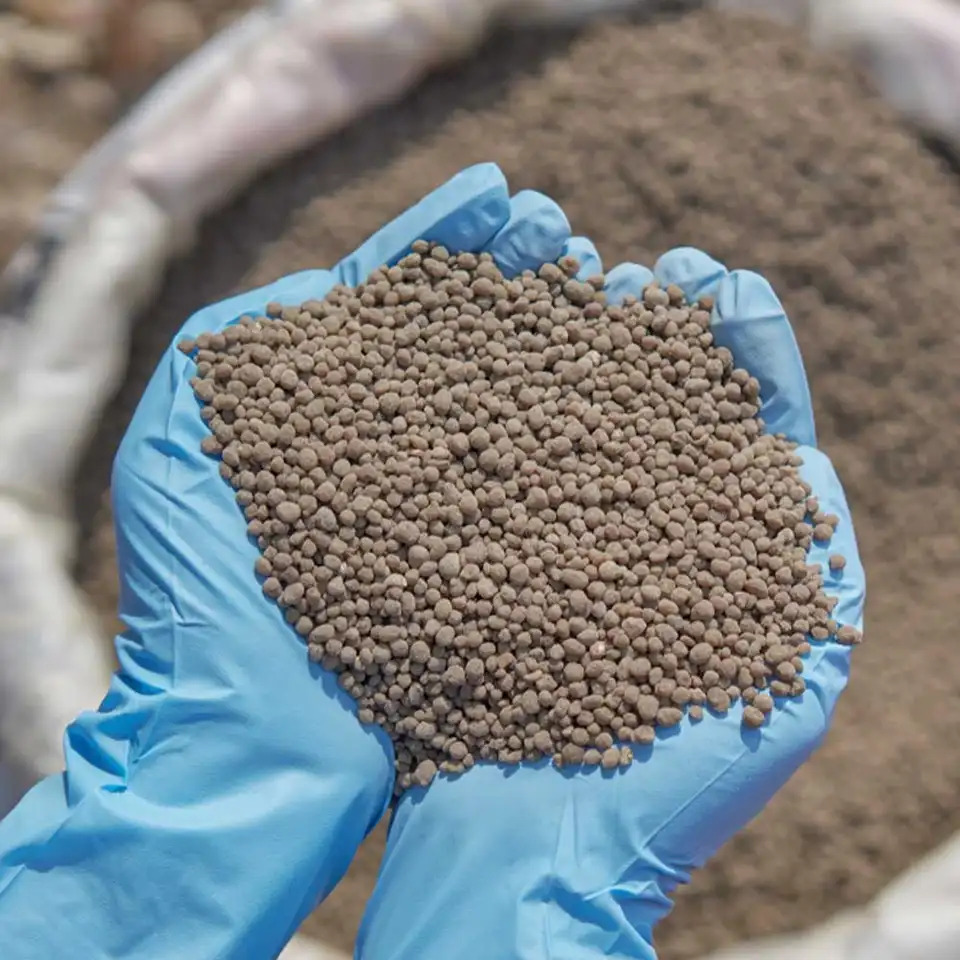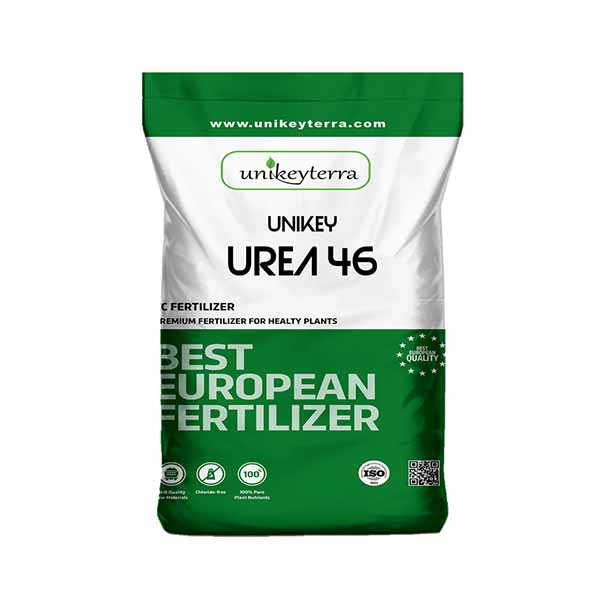Description
Diammonium phosphate (DAP) fertilizer is a type of phosphorus fertilizer that is commonly used in agriculture to promote plant growth and increase crop yields. It is a highly water-soluble fertilizer that is composed of nitrogen and phosphorus, two essential nutrients for plant growth.
One of the main benefits of DAP fertilizer is its high phosphorus content. Phosphorus is a crucial nutrient for plant growth and is required for a variety of plant functions, including photosynthesis, cell division, and the formation of roots and flowers. DAP fertilizer provides plants with a readily available source of phosphorus that can be quickly absorbed and utilized for growth.
Additionally, DAP fertilizer is relatively easy to handle and apply. It can be applied to the soil in a variety of ways, including as a top dressing, a side dressing, or through irrigation systems. It is also soluble in water, which makes it easy to mix with other fertilizers or apply as a foliar spray.
However, there are some potential drawbacks to the use of DAP fertilizer. One of the main concerns is its potential to contribute to environmental problems such as soil acidification and eutrophication. When phosphorus is applied to the soil in excess, it can lead to the accumulation of phosphorus in water bodies, which can contribute to the formation of harmful algal blooms and other environmental problems.
To address these concerns, many farmers and researchers are exploring alternative methods of phosphorus fertilizer application, such as precision agriculture and the use of slow-release fertilizers. These approaches can help reduce the environmental impact of fertilizer use while still promoting plant growth and increasing crop yields.
In conclusion, DAP fertilizer is a widely used and effective phosphorus fertilizer that can help promote plant growth and increase crop yields. However, it is important to consider the potential environmental impacts of its use and to explore alternative methods of phosphorus fertilizer application. By taking a holistic approach to fertilizer management, farmers can help ensure the sustainability of their crops and the health of the surrounding ecosystem.



Reviews
There are no reviews yet.